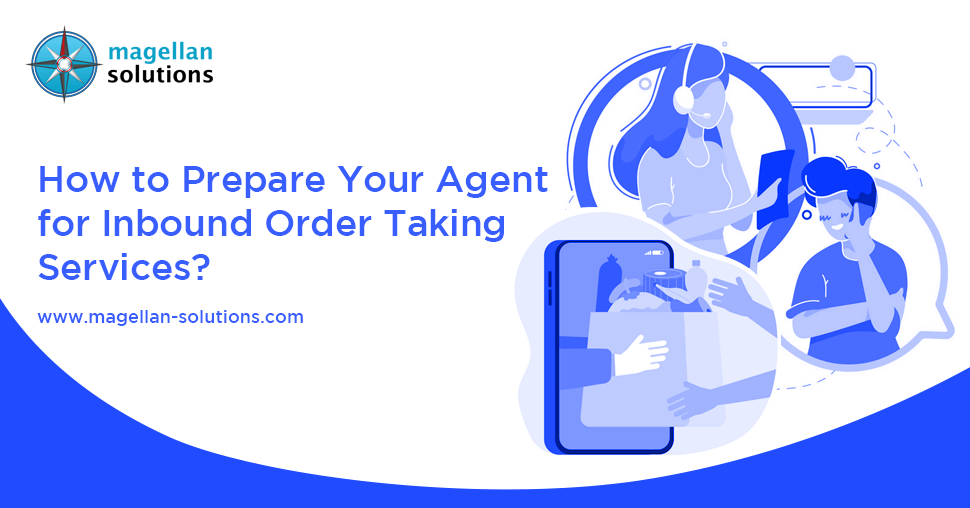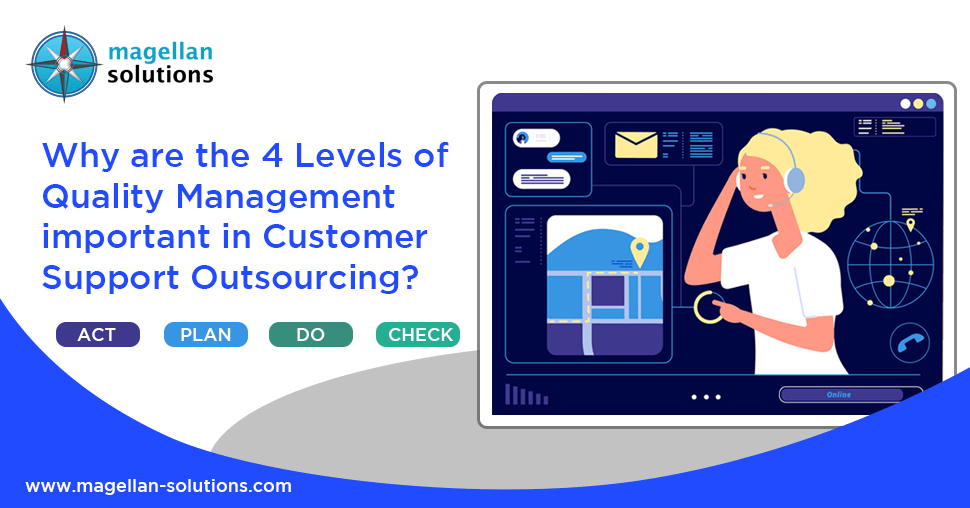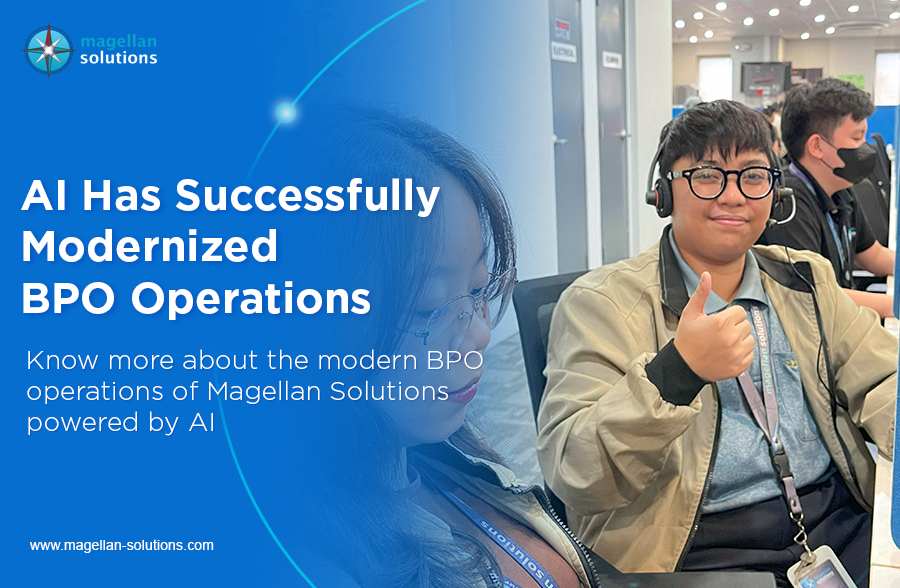Schedule a FREE call with our outsourcing expert now and get a precise quotation that meets your requirements. Don't wait - get started today!
Customer Support Outsourcing can benefit your bottom line if you manage it correctly.
Did you know that about 20% of small businesses fail within the first year?
Also, by the end of the second year, 30 percent of businesses will have failed. The number will continue to rise by the end of the fifth year, and only 30 percent of companies will remain by the end of the decade.
Crunching the numbers, that is a 70 percent failure rate for small businesses alone! And that is a fact.
Those numbers come from the report published by Fundera in November 2020.
In their report, they also found out some of the reasons why small businesses are closing down:
- There is no market need for their services or products.
- They ran out of cash.
- They did not have the right team running the business.
- Poor product offering.
- Poor marketing.
- Poor management.
Looking at these reasons, what SMEs need to do is to develop one thing — Quality Management.
What is Quality Management?
Quality Management, or Total Quality Management, is everything a company does to produce and deliver reliable products and services. It often involves the timeliness and responsiveness of the company.
In a paper by Paul M. Terry published under the Indiana University-Purdue University Fort Wayne, they look back at the birth of TQM and its logic.
It all started in World War II when Dr. William Edwards Deming helped Japanese manufacturers recover by teaching them quality-control ways of doing things.
Soon after, Deming took the attention of the world. He then encouraged Americans to learn to “work smarter, not harder” by adopting his quality-focused thinking.
Quality Management is working smartly to produce high-quality products and services.
What’s more, as a guide to reaching the top quality service, QM is broken down into four main parts or levels:
| Component | Brief Definition |
| Quality Planning |
Quality Planning defines the standard to be met and the steps to reach it. It is also in the Quality Planning stage where all costs and schedules are evaluated. Weak planning can increase customer dissatisfaction and business risk. |
| Quality Control |
In standard terms, Quality Control or QC means ensuring that a product or service meets the prescribed technical quality standard. Quality control involves careful examination, testing, and measurement to prove that work meets expectations. |
| Quality Assurance |
There is confusion between QA and QC’s definitions. Penn State University clears this up on its website. According to them, QA refers to: “Tools and procedures used to assess adherence to specifications and quality requirements after initial deliverable completion and in a final step to check and approve the deliverables.” |
| Quality Improvement |
Quality Improvement, or QI, happens at the end of service. QI uses all the data gathered during the customer service process to eliminate or improve parts. Quality improvement (QI) refers to methods to improve the production process. |
Quality Management and Customer Support Outsourcing
Talking about Quality Management, you must be wondering, what does Customer Support have to do with it?
As we have said, SMEs fail because they do not have an established Quality Management System. And it is understandable since most of them do not have the ability and time to know everything about Quality Management.
But there is a solution to this concern, which comes in the form of BPOs.
BPO firms can help small businesses improve the quality of their service without spending too much on valuable supplies.
There are three well-known ways how BPO can help SMEs:
- An excellent quality/price ratio – New generation BPOs have the best technology in the market that you can use for only a fraction of the price. These technologies include the likes of IVR, CRM, and ACD. Moreover, BPOs can reduce your operating costs significantly while maintaining efficiency.
- Access to high-quality workers – BPOs give you the power to get the best employee in your industry. You can access various backgrounds and cultures, giving your business a worldwide perspective. It also opens your company to new opportunities outside your domain.
- It optimizes your resources – BPO allows you to run operations more easily in different business areas at low costs. No matter your industry, everybody needs help at one point or another. This is important to SMEs. For them to grow, they must intelligently distribute their limited resources.
In summary, BPO can enforce, introduce, and improve the Quality Management System in your business.
What’s more, Customer Care Outsourcing companies need to deeply understand the four levels of quality management to work effectively.
Why is Quality Management Important in Offshore Operations?
Like other businesses, Quality Management is vital to BPO companies to drive consistent positive results.
Just imagine if your outsourced support agents are carelessly taking calls without practicing proper account checking. The lawsuits and complaints will pile up and might result in bad media.
Hence, BPOs should practice proper QM to ensure no such thing will happen.
To define how important QM is to BPOs, let us refer to an article by Community Tool Box. On their website, they highlight the fourteen things that businesses need to do to reach quality performance:
- Create consistency of purpose toward improving products and services to be competitive, stay in business, and provide jobs.
- Adopt a new way of thinking. Management must be up for the challenge to be responsible and to take on leadership for change.
- Stop depending on inspection to reach quality. Build quality from the start of the process.
- Partner with a company that offers high-quality service and not low bids.
- Continuously improve the system of production and services to improve quality and reduce costs.
- Institute training on the job.
- Institute leadership. The purpose of administration should be to help people and technology work better.
- Drive out fear so that everyone may work effectively.
- Break down walls between departments so that people can work as a team.
- Please work with your team, not against them.
- Eliminate quotas and management with goals.
- Remove things that rob workers of their pride in work quality.
- Institute a vigorous program of education and self-improvement.
- Transform everyone’s job and put everyone to work on it.
Moreover, good customer service must be built on putting quality at the highest standard. That means all four levels of quality management must factor in providing support.
| Component | Application in a BPO Setting |
| Quality Planning |
QP means to find out where the BPO organization stands. It is the part where businesses decide what to focus on and how to measure it. This part usually starts at the beginning of your partnership with the BPO. It is the part where you evaluate the possible KPIs and SLAs that your agents should meet. QP is important because it sets the bar for quality service. |
| Quality Control |
Quality control in a BPO setting is testing if the new service guidelines will work. QC means testing the process. BPOS must test its service’s quality to note possible changes and improvements. |
| Quality Assurance |
Call center QA is listening to an agent’s call and carefully studying the quality of it concerning customer’s needs and expectations. QAs are essential for BPO companies since they can drive customer happiness and minimize agent lapses and mistakes. Having a sound system of QA checking can decrease business risks. |
| Quality Improvement |
QI comes at last and is the most essential level because it is where you take action. QI can come from the BPO company or their clients. Either way, the purpose of it is to fix parts of the customer care process that are not working. QI usually comes in the form of meetings and town halls. But it can appear everywhere in the process. |
Looking for a Quality Customer Service Outsourcing Company?
Partner with the BPO solution provider that understands what Quality Management is all about!
Magellan Solutions is a BPO company based in the Philippines that supports small to midsize businesses.
With over 18 years of industry experience, we offer high-quality customer support and call center services. On top of that, we are a certified ISO 27001:2013 and HIPAA-compliant company.
At Magellan Solutions, we combine technology such as ACD, CRM, and IVR with agent skills. We ensure they have all the necessary tools, equipment, and knowledge to serve customers.
We believe progress shouldn’t break the bank, so our services remain flexible and competitive.
Contact us now to discuss how we can help your business succeed.
















